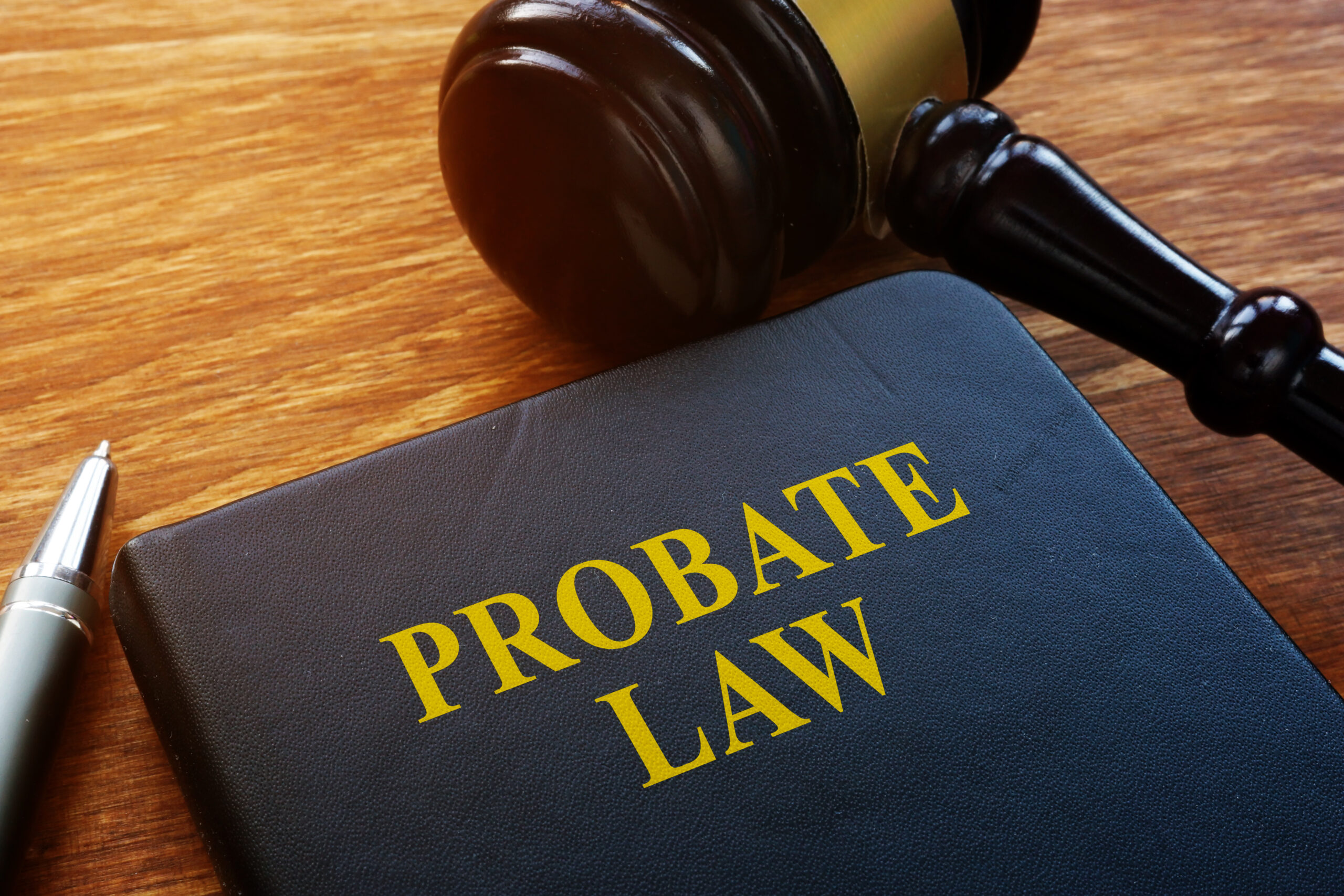Singapore Probate Guide – From Death Certificate to Distribution of Assets
After a loved one passes away, families must make important legal decisions to ensure their assets are protected and distributed correctly. One of the most crucial steps is securing probate or letters of administration so the estate can be handled lawfully. This guide explains the 8 key legal steps every family should take in Singapore, from confirming the will to transferring property and releasing funds.
1. Obtain the Certificate of Cause of Death (CCOD)
This is the first legal step. A doctor will issue the CCOD to certify the death. If the death occurs at home from natural causes or in a hospital, the doctor will handle the certification and automatic death registration online. If the cause is unknown or unnatural, the matter is referred to the police.
2. Register the Death and Obtain the Digital Death Certificate
Since 29 May 2022, deaths in Singapore are automatically registered online once a doctor certifies the death. A digital death certificate will be available for download from the My Legacy website within 30 days. You should save it for future use with government agencies, banks, and insurance companies. The deceased’s NRIC will be automatically invalidated, so remember to destroy it to prevent misuse.
3. Arrange for the Funeral
Most families engage a funeral director or funeral home to assist with the arrangements. Funerals may be held at dedicated halls or at a HDB void deck, for which a permit is required. It is important to consider the deceased’s religious beliefs and personal wishes when deciding on a burial or cremation.
4. Inform Relevant Organisations
It is crucial to notify several institutions, including the deceased’s employer, banks, credit card companies, and insurance providers. Accounts will be frozen until a Grant of Probate or Letters of Administration is produced. You must also inform the CPF Board, as CPF monies are released to nominees. If no nomination was made, the Public Trustee will distribute the savings.
5. Check for a Valid Will
This is a critical step that determines the entire legal process.
- If there is a will: The executor named in the will must apply for a Grant of Probate to manage and distribute the estate.
- If there is no will: A close family member must apply for Letters of Administration, and the estate will be distributed according to the Intestate Succession Act.
6. Apply for a Grant of Probate or Letters of Administration
The deceased’s estate – which includes all assets and liabilities – cannot be distributed informally. It must be legally dealt with through the probate process. An executor (if there is a will) or an administrator (if there is no will) must be legally appointed by the court.
- Grant of Probate (With a Will): The executor applies to the court for a Grant of Probate, which gives them the legal authority to manage the estate and distribute assets according to the will.
- Letters of Administration (No Will): An administrator, typically an immediate family member, applies to the court for Letters of Administration. This grants them the authority to manage the estate, which is then distributed according to the Intestate Succession Act.
Because this process is technical, most families choose to engage an experienced probate lawyer to ensure the estate is handled smoothly.
7. Manage and Distribute the Estate
Once the Grant of Probate or Letters of Administration is obtained, the executor or administrator can begin to act. Their duties include:
- Accessing the deceased’s assets (bank accounts, investments).
- Paying off all outstanding loans, debts, and taxes.
- Managing or selling properties and vehicles.
- Claiming insurance monies.
- Distributing the remaining assets to the beneficiaries as stipulated by the will or the Intestate Succession Act.
8. Account to the Beneficiaries and Close the Estate
The executor or administrator must prepare a final account showing all assets collected, debts paid, and distributions made. Once the beneficiaries have received their share, the estate can be formally closed. The law requires the executor or administrator to act honestly and with due diligence throughout the process.
Key Ancillary Matters
Beyond the main steps, several key areas must be addressed.
HDB Flats and Private Properties
A HDB flat or a private property is often the most significant asset in an estate. If a property is held under joint tenancy, it automatically passes to the surviving joint owner upon the other’s death. This is known as the right of survivorship, and it is independent of the deceased’s will.
If a property is not jointly held – meaning it is owned solely by the deceased or as a tenancy-in-common – it forms part of the deceased’s legal estate. The executor or administrator will need to obtain a Grant of Probate or Letters of Administration from the court to either sell the property or transfer its ownership to the rightful beneficiaries as part of the estate distribution. For HDB flats, whether or not the beneficiaries can retain the flat will depend on HDB rules.
CPF Monies
CPF savings, including balances in the Ordinary, Special, MediSave, and Retirement Accounts, do not automatically become part of the legal estate. If a CPF nomination was made, the savings will be paid directly to the nominated individuals. If there is no nomination, the Public Trustee will manage the distribution of the CPF savings to the deceased’s family members according to intestacy laws.
Insurance Policies
Life insurance policies with named beneficiaries are generally considered separate from the deceased’s legal estate. The proceeds are paid directly to the beneficiaries named in the policy, without the need for a Grant of Probate or Letters of Administration. However, if the policy has no named beneficiaries or is surrendered for its cash value, it may form part of the estate
How are Assets Distributed When there is No Will
If there was no will, the Intestate Succession Act states that the estate shall be distributed as follows:
| Surviving beneficiaries | Distribution |
|---|---|
| Only spouse | Spouse is entitled to the whole of the estate. |
| Only parents | Parents are entitled to the whole of the estate, to be divided equally between them. |
| Spouse and children | Spouse is entitled to half of the estate. The other half is distributed equally amongst the children. |
| Only children | Children are entitled to the estate, to be split equally amongst them. If any of the children is deceased, the grandchildren can claim their parent’s share accordingly. |
| Spouse and parents | Spouse is entitled to half of the estate. The other half is distributed equally between the parents. |
| Only brothers and/or sisters | Brothers and sisters are entitled to the estate, to be split equally amongst them. If any brother or sister is deceased, then the children of any deceased brother or sister shall be entitled to such share accordingly. |
| Only grandparents | Grandparents are entitled to the estate, to be split equally amongst them. |
| Only uncles and/or aunts | Uncles and aunts are entitled to the estate, to be split equally amongst them. |
| None of the above scenarios apply | Government is entitled to the estate. |
Conclusion
Dealing with the loss of a loved one is painful, and the legal steps can feel overwhelming. By understanding the process – from obtaining the death certificate to securing probate and distributing assets – families can approach this transition with greater clarity. Many choose to engage a probate lawyer for guidance, ensuring the process is handled correctly and efficiently.
About PKWA Law
For over 30 years, PKWA Law has guided families through probate, wills, and estate matters with clarity and care. Our fees are fixed and transparent, starting from $1,390, so you’ll always know what to expect.
We are regularly recognised as one of Singapore’s leading family law firms by publications including The Straits Times, Benchmark Litigation, Asian Legal Business, Singapore Business Review, and Doyle’s Guide.
When you work with us, you’ll have a dedicated team focused on making the process smooth and stress-free. Your first consultation is free, so you can get clear advice before making any decisions.
Fixed, clear & transparent fees
$1,590
For estates below $500k, no property, no minor beneficiaries
$2,590
For estates below $3 million


